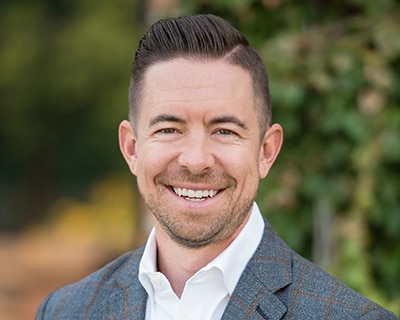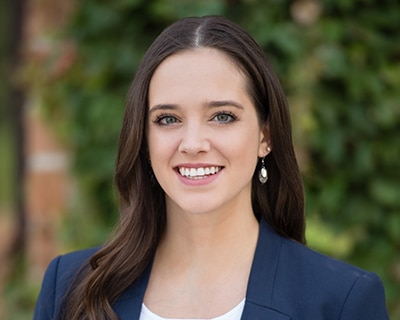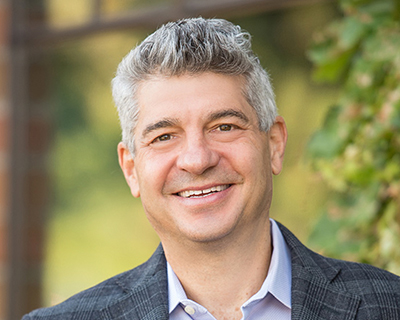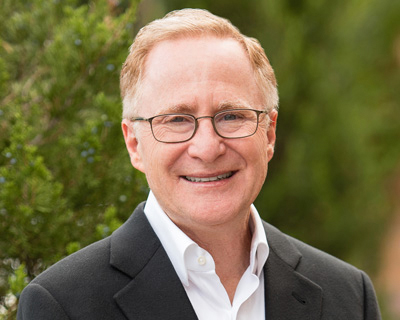A discussion between Ezra Klein and Daniel Yergin dated March 22, 2022
I recently listened to an amazing and enlightening podcast interview about the energy markets and the world that aired on March 22nd. The participants were Ezra Klein the inquisitive and extraordinary interviewer from the New York Times and Daniel Yergin who may be the world’s most authoritative energy expert. I wasn’t quite prepared for how lively this discussion would be.
Here is a link to both the transcript and the actual podcast.
There were several highlights that were discussed that I found to be fascinating and insightful.
As the title of the podcast suggests, Yergin believes that Russia’s days as an energy superpower are winding down. Much of the discussion looks at the historically global role of oil and gas and how it has changed over time, especially most recently during the current geopolitical crisis.
It was pointed out that today’s sanctions are being used to “to unplug Russia from the global economy” and that “it turns out there are lots of cords that connect Russia to the global economy. And of course, oil and natural gas are among the most important”.
One of Putin’s main objectives was to undermine NATO but he did the exact opposite.
Germany and much of Europe are changing their policy. They are building facilities to take in and utilize more L.N.G. from the US. “But the Europeans have said, we’re done. We’re out of here. Now, they’re not going to get out of it as fast as they think. But we do not want to depend upon Russian gas to the degree we have. We’re going to bring it way down, and we’re going to try and do the same on oil.”
According to Yergin, “you back up a year, and Germany is shutting down nuclear plants and building a new natural gas pipeline with Russia. And now as the situation has changed, as their estimation of Russia has changed, what you’re hearing from Europe is that the future is not just to be less dependent on Russian energy, but towards decarbonization.
One large looming consequence is that China will have to decide. Do they want to align their future with Russia, or do they want to align themselves with the West? Yergin made an interesting reference to the China-Russia relationship which was “once based on Marx and Lenin but is now grounded in oil and gas.” But Yergin also points out the incredible interdependence and mutual reliance between the US and China”.
Opportunity for the United States
Energy policy is foreign policy and always has been. A main theme was “how does the world become less reliant on carbon-based energy given the fact that the world moves over 100 million barrels of oil a day”.
“In 2008, the U.S. imported on a net basis 60 percent of its oil. Today, we’re basically self-sufficient, if you look on a net basis. And we’re the world’s largest oil producer. And this was unthinkable a decade and a half ago.” That the US becoming a net exporter of energy over the last several years has been a game-changer and that it was to a great extent about the shale revolution and our ability to export L.N.G (liquid natural gas). This energy self-sufficiency has become an enormous geopolitical asset.
According to Yergin, “there was some time in January, for instance, when the U.S. L.N.G. going to Europe was actually greater than the volumes of gas that Europe was getting from Russia”. If the US was not exporting L.N.G., Europe would be in a much worse position and would have more difficulty withstanding the pressure from Russia.
They then discussed the intersection of renewables not only being important for climate but also for national security. Europe sees this clearly. The US does too, but Europe (except for Norway) doesn’t produce oil or gas. They are more vulnerable to their energy needs and we can’t forget the fact that Europe shares a border with Russia and was directly affected by both World Wars, as compared to the US which is separated by a large ocean.
Where this may lead us is that much of the World will need to cooperate in the short and medium-term to figure out current energy needs which will include more reliance on carbon. But in the long run, the big picture is that many governments and society will be highly motivated to increase the contribution of renewables and to develop better batteries and other sources of clean energy like hydrogen. This train isn’t stopping.
On March 8, the European Commission outlined this plan to make Europe independent from Russian fossil fuels well before 2030. That required tripling renewable energy capacity. Germany’s finance minister recently called renewable energy “freedom energy.”
It is so interesting to see the mounting pressure on the West to move away from carbon and towards renewables which will be better for both our climate and foreign policy.
Unfortunately, in the short run, we may need to take a step back.
Reliability of Data. The information set forth herein has been obtained from sources which we believe to be reliable, but this data has not been independently verified and we cannot guarantee its accuracy. CCM shall not in any way be liable for claims and makes no expressed or implied representations or warranties as to the accuracy or completeness of the information provided.
Acknowledgements. CCM wishes to thank Lee Strongwater and Steven Ellis for their contributions to this article.
As a serial entrepreneur and world traveler, Lee Strongwater, president of Colorado Capital Management, brings a global perspective to investments and life planning.
- Lee Strongwaterhttps://coloradocap.com/blog/author/lee-strongwater/
- Lee Strongwaterhttps://coloradocap.com/blog/author/lee-strongwater/
- Lee Strongwaterhttps://coloradocap.com/blog/author/lee-strongwater/
- Lee Strongwaterhttps://coloradocap.com/blog/author/lee-strongwater/
Editor’s Note: This blog post is for informational purposes only and does not constitute financial, legal, or tax advice. Readers are encouraged to consult with a qualified professional regarding their individual circumstances. Please refer to our firm’s website for full disclosures and important information: CCM Website Disclaimer












